POV: A Typical Day’s Worth on the Hill (with photos)
Interning with the United States House of Representatives can be one of the most rewarding experiences in your college career. This photoblog recollects my time this past summer based on some of the things I did.
This was not my first time back in the Rayburn Building. In fact, I first connected with the Office’s legislative director through one of the William & Mary DC programs. In January, I had the opportunity in attending the DC Winter Seminar on American Politics. The 10 day program was intensive – we had a mixture of class sessions and tours throughout D.C. One aspect of the agenda beforehand was hearing from the Congressman. I’ve known him personally from fundraisers and events back at my internship at school. I will never forget the panel featuring recent William & Mary alums working on Capitol Hill. It was there that I made my connection to the Office. I recall going up to the aide and connecting with him. He gave me his card, and a simple follow up led me to a phone interview and an eventual acceptance to the Office internship.
Six months later, I was back to the same building to start my internship. I took the elevator up to the fourth floor and got lost by the endless corridors looking for 2454. Finally, I happened upon the door, which I opened and entered. A friendly and familiar voice echoed: “Welcome!”
Basic Office Layout
Each office could be understood as two parts: constituent-specific work and policy-specific work. There are two modes on the Hill: in and off session days. When Congress is in-session, there are bills that require a vote. Usually, all elected representatives are present and tend to legislative business. Out of session means that there are no pending bills on the House floor, but while the Congressman/Congresswoman may be away, the staff still show up to work and focus more on constituents.
While all offices have general responsibilities and duties, each has its own distinct persona and feel. I fit in comfortably in my internship given that four William & Mary alumni staffers work for him (Go Tribe!).
Constituent-specific
Congressmen’s offices are popularly known for calls concerning opinions on legislation and event requests. The office receives a flood of correspondence as emails and as snail mail. A lot flows internally as well, especially among Congressional offices and various think tank organizations. However, Congressmen also serve as go-betweens for constituents and federal agencies. This is called casework. Whenever I have received calls on, let’s say, acquiring United States Passports, I transfer the call to our District offices according by regions to Yorktown, Stafford, and Tappahannock. District directors and casework specialists handle these requests.
Policy-specific
The Congressman, as you very well know, is expected to attend to legislative issues on behalf of his constituencies. Developing and evaluating legislation and policy positions are vital to a Congressional office operation. The staff structure is usually as follows: A Legislative Director (LD) leads a small team of Legislative Assistants (LA), each with wide ranging policy portfolio assignments. Each LA is responsible for keeping tabs on all major issues and legislation within their portfolio and providing input to the LD, Chief of Staff, Congressman, and Legislative Correspondents. In addition, lobbyists, think tank organizations, and representatives from other agencies who visit the office first meet with the relevant LA, which can later on involve the Congressman too.
Multiple memos are sent to the Congressman daily, in which it details brief points on the legislation and the Congressman’s past record on the issue. You will also notice that the Majority Whip’s Office sends reminders about the legislative docket and the Majority Leader’s vote recommendation. The Congressman may schedule a staff meeting dedicated to major legislations that flow through committee or on the House floor.
A Typical Day
This week, the House is in session so I arrived to the office a few minutes before 8:30am. The day starts off with distributing newspapers to the staff. We generally have two people out on the front desk, usually the staff assistant and an intern.
At my desk, I read through major newspaper headlines and check C-SPAN for any interesting hearings/press briefings to watch later in the day. We begin receiving calls from constituents and other Capitol offices throughout the day. The best way I can think of putting this is customer service – we try to meet the needs for all our constituents. Sometimes they seek help, sometimes they are happy, and sometimes, they are just plain angry.
At 10 a.m. I headed over to the Longworth Building through the series of underground tunnels to attend a Natural Resources subcommittee hearing on three pieces of legislation and take notes. When I get back to the office, I type up a one-page memo for the relevant legislative assistant outlining important details from the hearing.
Next, at 2 pm, I walk through the long windy tunnels again to Capitol Hill, where I attend a briefing hosted by The Congressional Study Groups titled, “Testing the New Model for Major Power Relations: The U.S. – China Relationship on the Eve of President Xi Jinping’s State Visit.” I recommend taking advantage of these briefings and going as much as your office permits.
After a long day, there are usually tons (literally) of happy hours and intern meet and greets. Take advantage of these, especially when there is free food and drinks provided. While not necessarily part of the Capitol Hill internship, you will have a fulfilling summer experience by going to these. Network as much as possible, and meet unique individuals from all over the world.
Final thoughts
Serving your Congressman or Senator is both highly honorable and a privilege. Take advantage of all the opportunities and have the ready mindset to learn and to explore. Heed my warning: Time flies by quickly! Experience as much as possible.
Then, use your newly-found experiences to grow. We all know that Hill internships are great resume-builders, but besides that, seek to challenge yourself: How did this internship shape your understanding of how our government works? Was there something new about the way that our federal government works?
My internship lasted one month, but the connections you make are timeless. According to a staffer, one of the biggest mistakes is not keeping touch. Consider reaching out to the staffers you were closest with, if not to all, every few months or so. You never know what window of opportunities are present from the simple means of keeping touch.

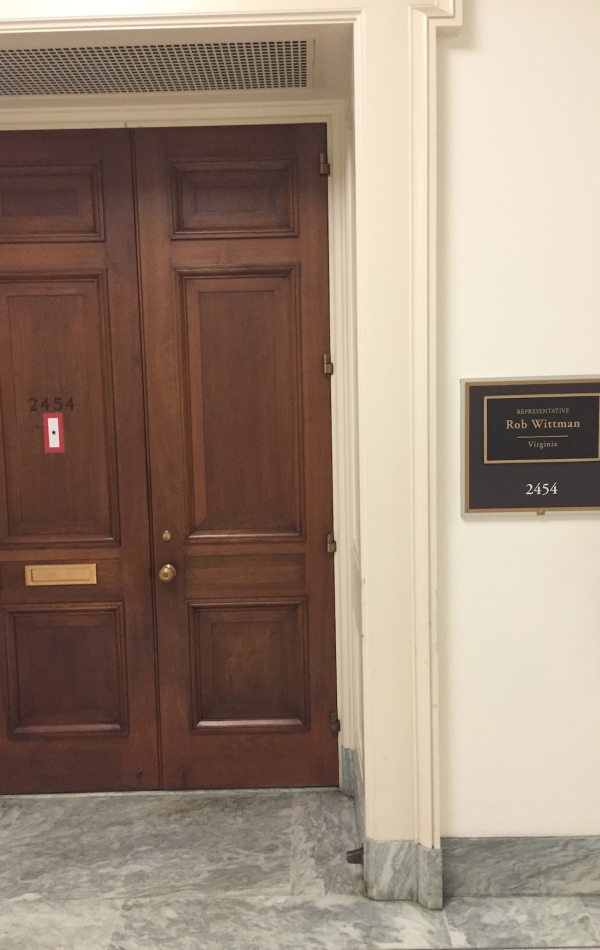
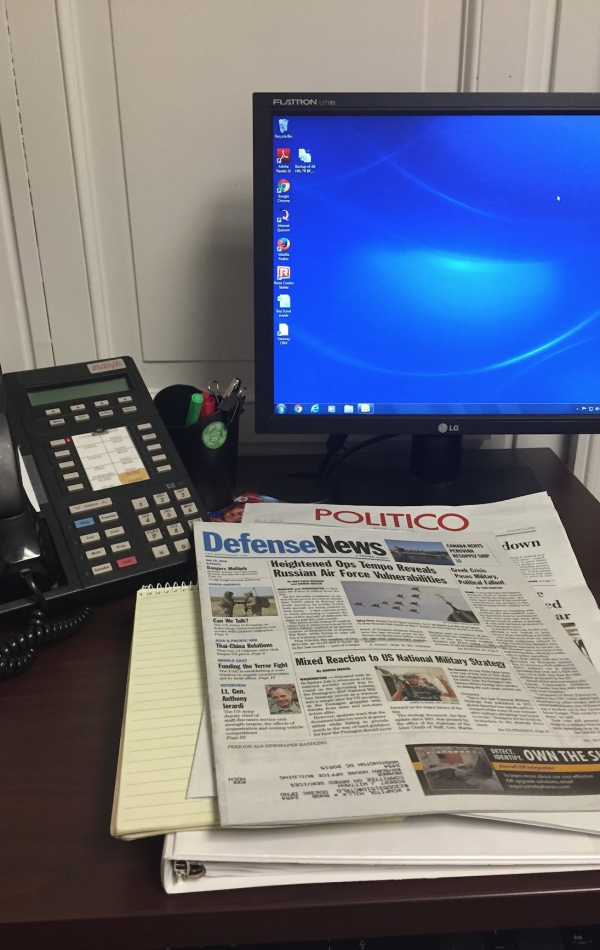
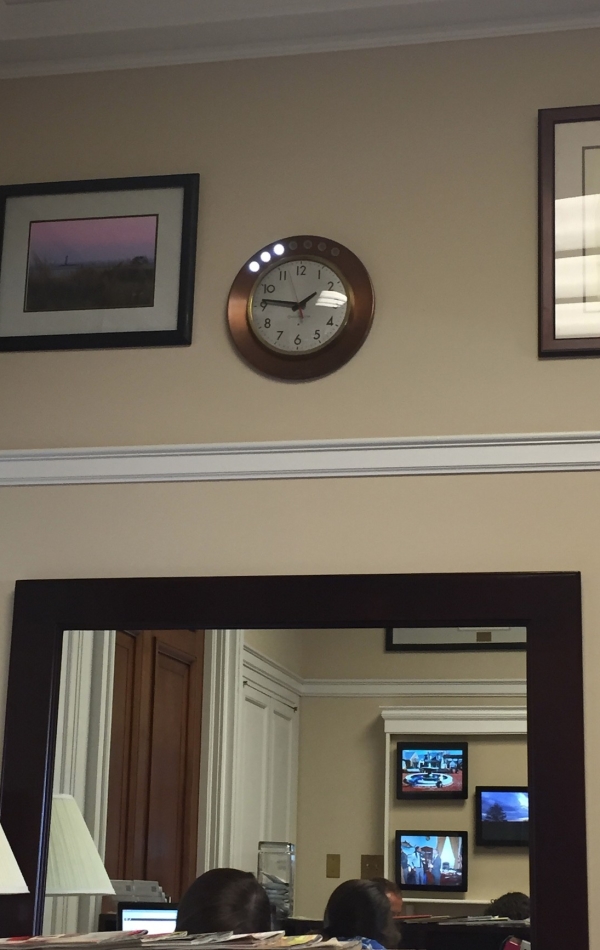
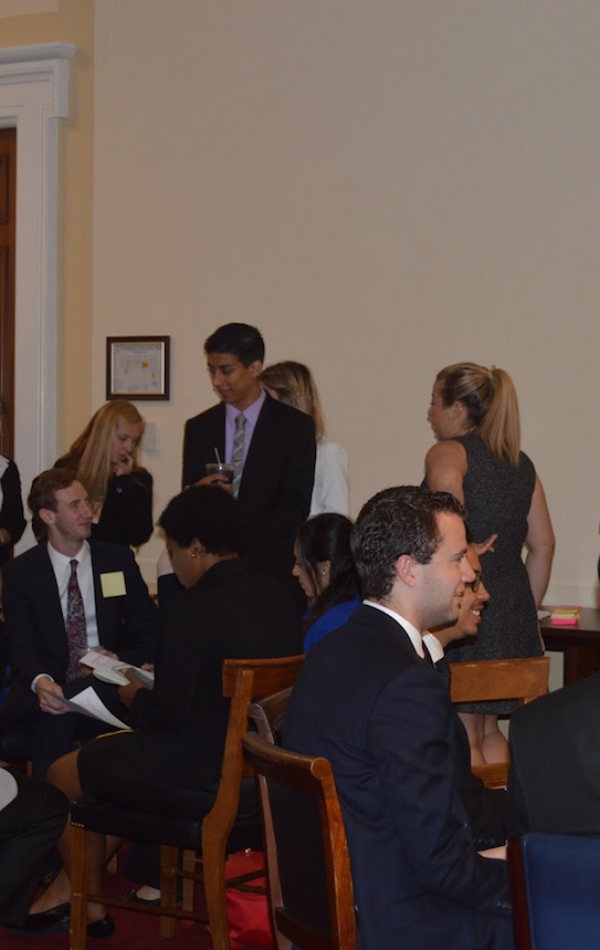
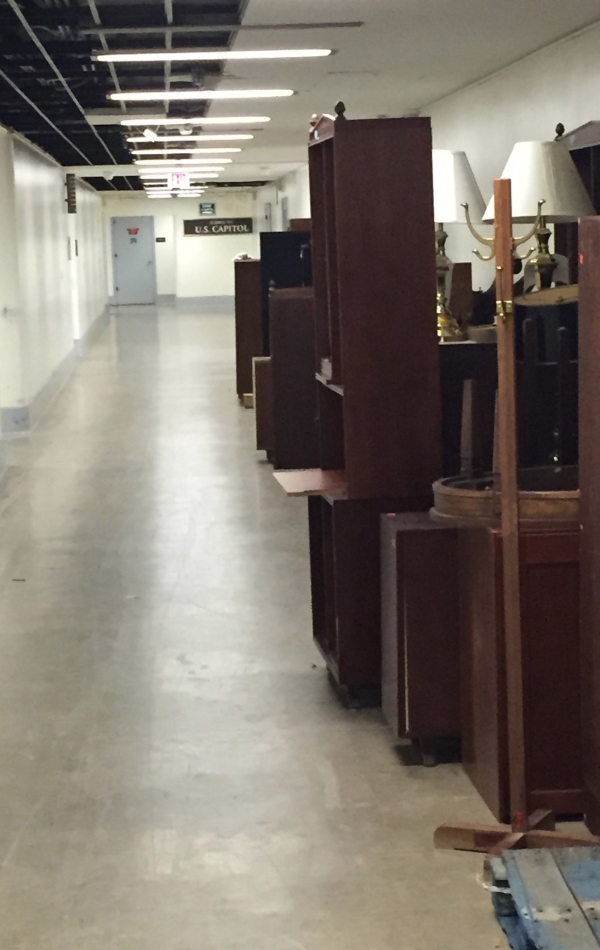
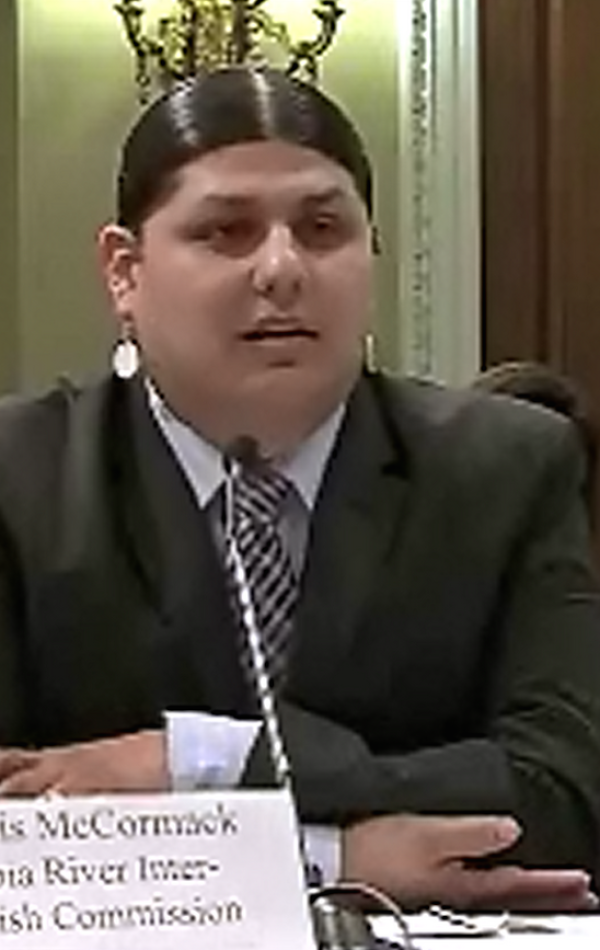
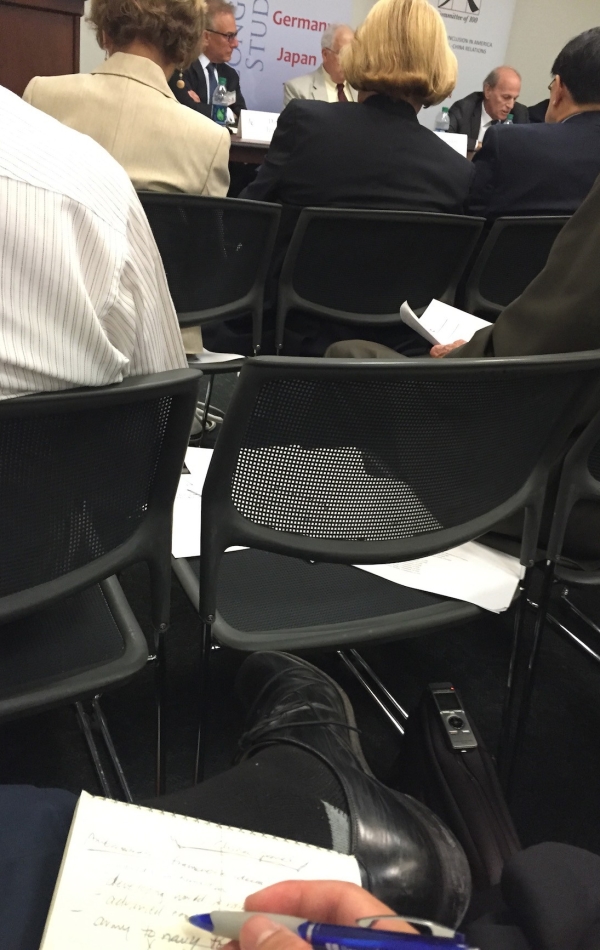
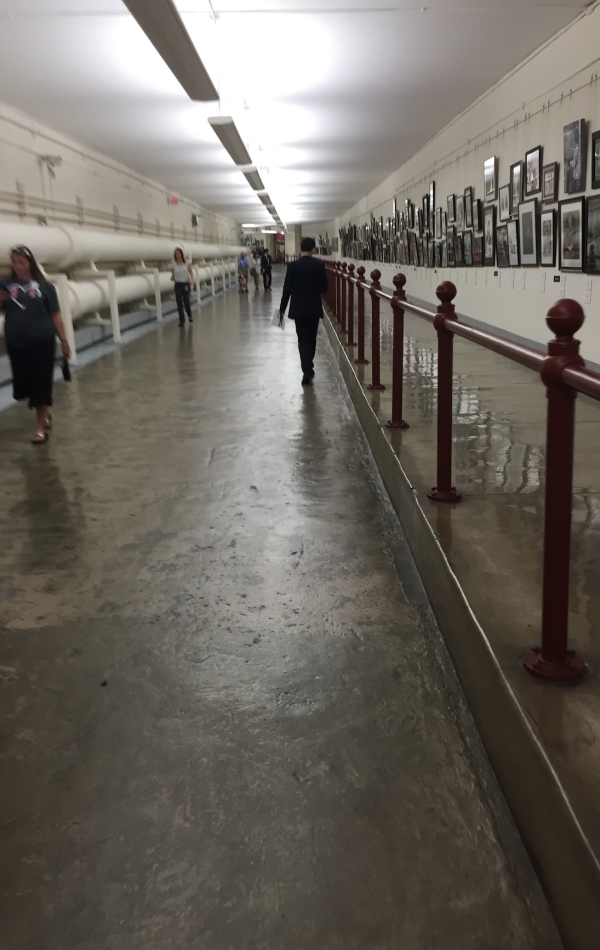
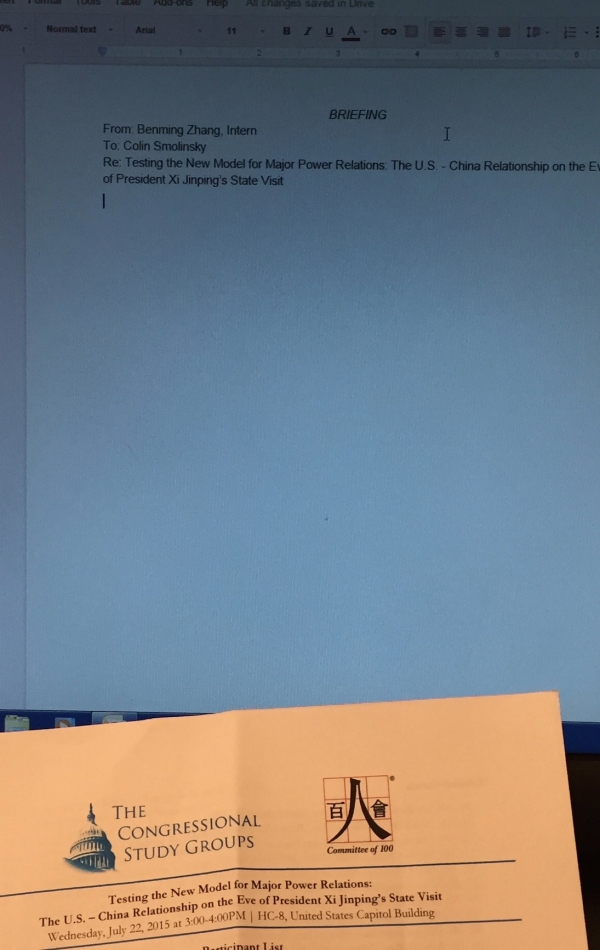
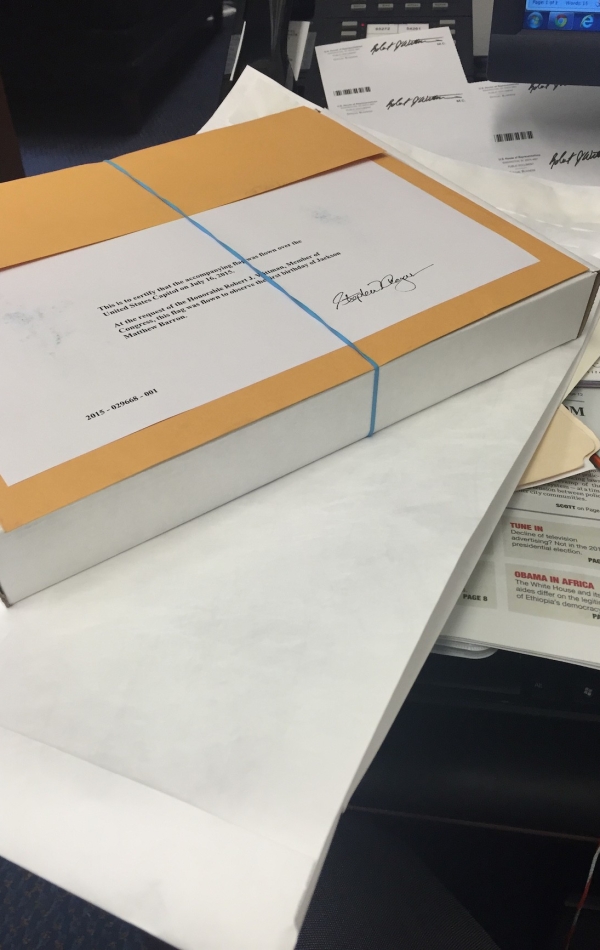
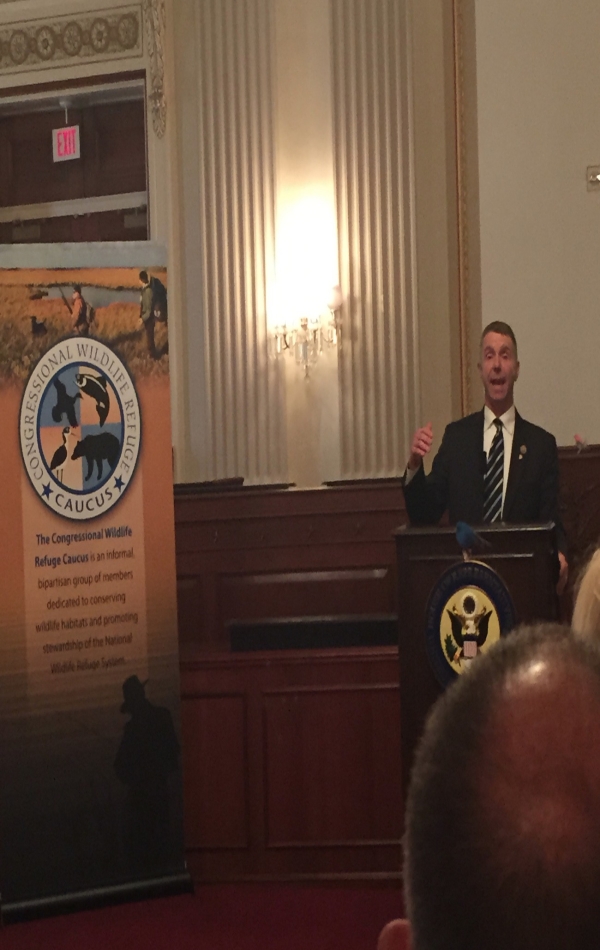
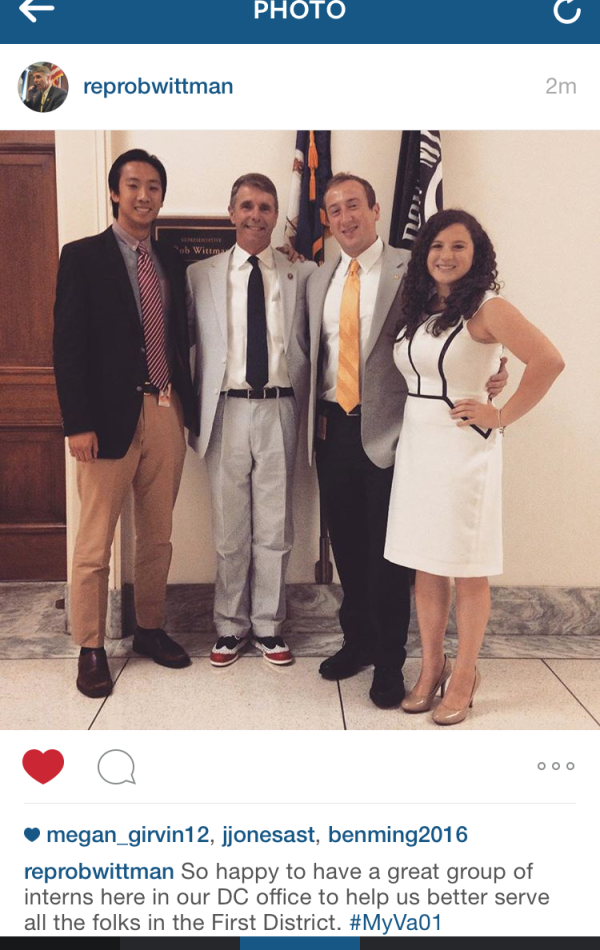
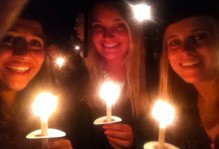
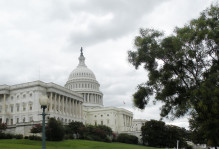
No comments.
Comments are currently closed. Comments are closed on all posts older than one year, and for those in our archive.